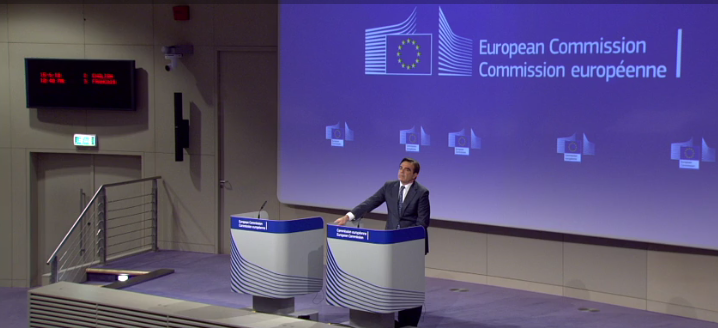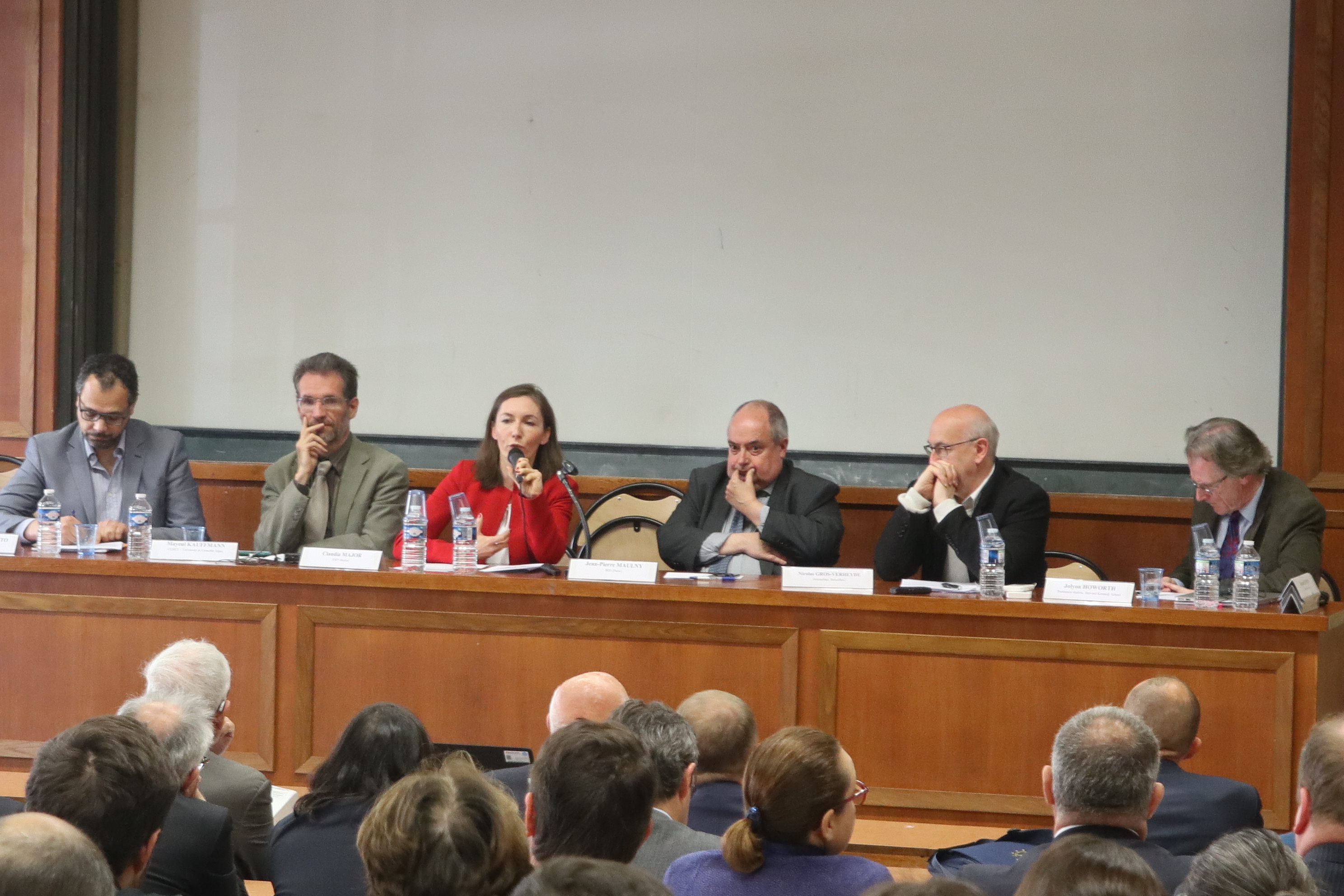Power Europe: a conceptual error?
(BRUSSELS2) Definitely European diplomacy is successful in terms of balance sheet. This Sunday on RFi I was taking part in a debate on a powerless Europe, with Syria as an example? A title that can arouse irony or mockery but deserves explanation.
A concept too Jacobin to be European?
First of all, Europe as a power does not exist. It's true. And it will struggle to exist, at least in the French conception of this word, a conception which is not really shared in Europe. Few countries actually want a "powerful Europe" as such. Then each of the countries has a history, a geography and a different approach to its presence in the world: neutrality for some, interventionism for others, threats in the East for the third, risks towards the South or Africa for others, etc These two imperatives - objective (history, geography...) as subjective (politics) - will not cease overnight, it will take decades before a thought, a common diplomatic doctrine.
No, European diplomacy is not a disaster
But between powerful Europe and powerless Europe, there is a gap which is today filled by what we could call present Europe. Contrary to what some may say or suggest, European diplomacy - that practiced at the EEAS - exists.
First of all, it faces innumerable difficulties. Because setting up such an institution, such an organization is not self-evident and requires time. Pierre Vimont, the secretary general of the SEAE, when he talks about the time required, speaks of ten years, " at least ».
Then, it is not vibrating. When it acts, it does so with an excess of discretion, to preserve its ability to act (to avoid criticism from member states) but which confines it to being subjected to accusations of non-existence by public opinion. The summoning of an ambassador - when it takes place, which is rare, is done as discreetly as possible, so as not to offend (read: Israeli ambassador summoned to EU. A very discreet first…), where at the national level, the maximum publicity will be given to an act which is neither more nor less the communication of a diplomatic position to a foreign country.
But it works: more than a hundred delegations around the world, the preparation of an increasingly refined system of economic and defense sanctions (arms embargo), the coordination of political positions which means that today oday, the points of dissension between Member States are less numerous and less sensitive than before, even if Libya or Syria show that there are singular thorns in this "unitary" diplomacy.
Read also: Faced with the Libyan conflict, Europe is still looking for itself. Time for teacup diplomacy

